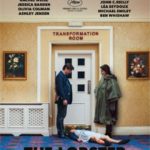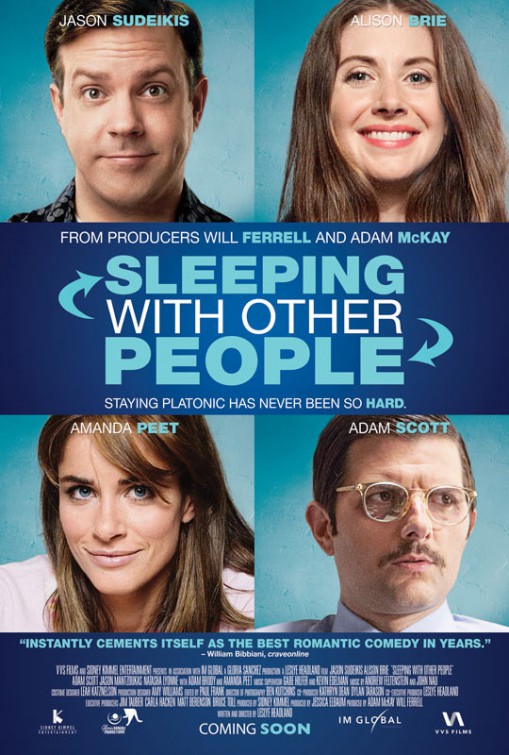-
WEEKEND (1967): A FILM BY JEAN-LUC GODARD
December 31, 2012
 Film Reviews
Film Reviews -
Few road trips are as volatile, chaotic and freakishly comical as Jean-Luc Godard’s iconoclastic 1967 epic Weekend. A bourgeois and murderous married couple, Roland (Jean Yanne) and Corinne (Mireille Darc), venture by car through the French countryside.
Their destination: Corinne’s parents’ house. Their purpose: forcibly securing an inheritance from her dying father. What unfolds, from the moment they board their vehicle, is a toxic onslaught of incidents: feuds with neighbours, altercations with strangers, on-road calamities and fiery collisions.
This nightmarish road trip is interspersed with soliloquies on class struggle, monologues on the music of Wolfgang Amadeus Mozart, citations from the literature of Emily Bronte, Georges Bataille and Lewis Carroll, references to advertising and popular culture, piano sonatas and drum solos performed by urbane farmers and gun-toting militia, scenes of grisly animal slaughter and cold, nonchalant cannibalism.
All of this is filtered through Godard’s cool, unorthodox and eclectic aesthetic: rapid-fire title cards, severe jump-cuts, fading dialogue, disruptive doses of orchestral score, introspective voice-overs and brazen, elastic cinematography, including one of the longest and most infamous tracking shots in film history (covering a massive and gruesome pile-up on an extended stretch of country road).
Watching Weekend on a grey, soggy Sunday is a gloriously ironic experience, a foray into a post-apocalyptic terrain where the boundaries of fiction and reality, horror and comedy, civilisation and savagery combust and disintegrate, where extras question the actuality of their surroundings and protagonists comment on the quality of the film itself.
Weekend was released in the same year that marked the publication of key texts by the late philosopher Jacques Derrida (1930-2004) on deconstruction. The latter is construed, among many things, as an attempt to foreground the forces of difference that condition all types of entities (or texts) and that destabilise entrenched and immutable conceptions of meaning, including the sovereignty of the author and the primacy of a single, unmediated and stable truth.
Weekend, likewise, interrogates and unpacks the conventions that comprise its driving narrative and visual language, exposing their artificiality (‘faux-togoraphy’) and amplifying their exorbitant intertextuality through a barrage of imagery, music and text – leaving the viewer rummaging through the ruins of ‘a film found on the scrap heap’ and ‘adrift in the cosmos’. Disorienting. Stupefying. Defiant. Spectacular.
– Dr. Varga Hosseini





